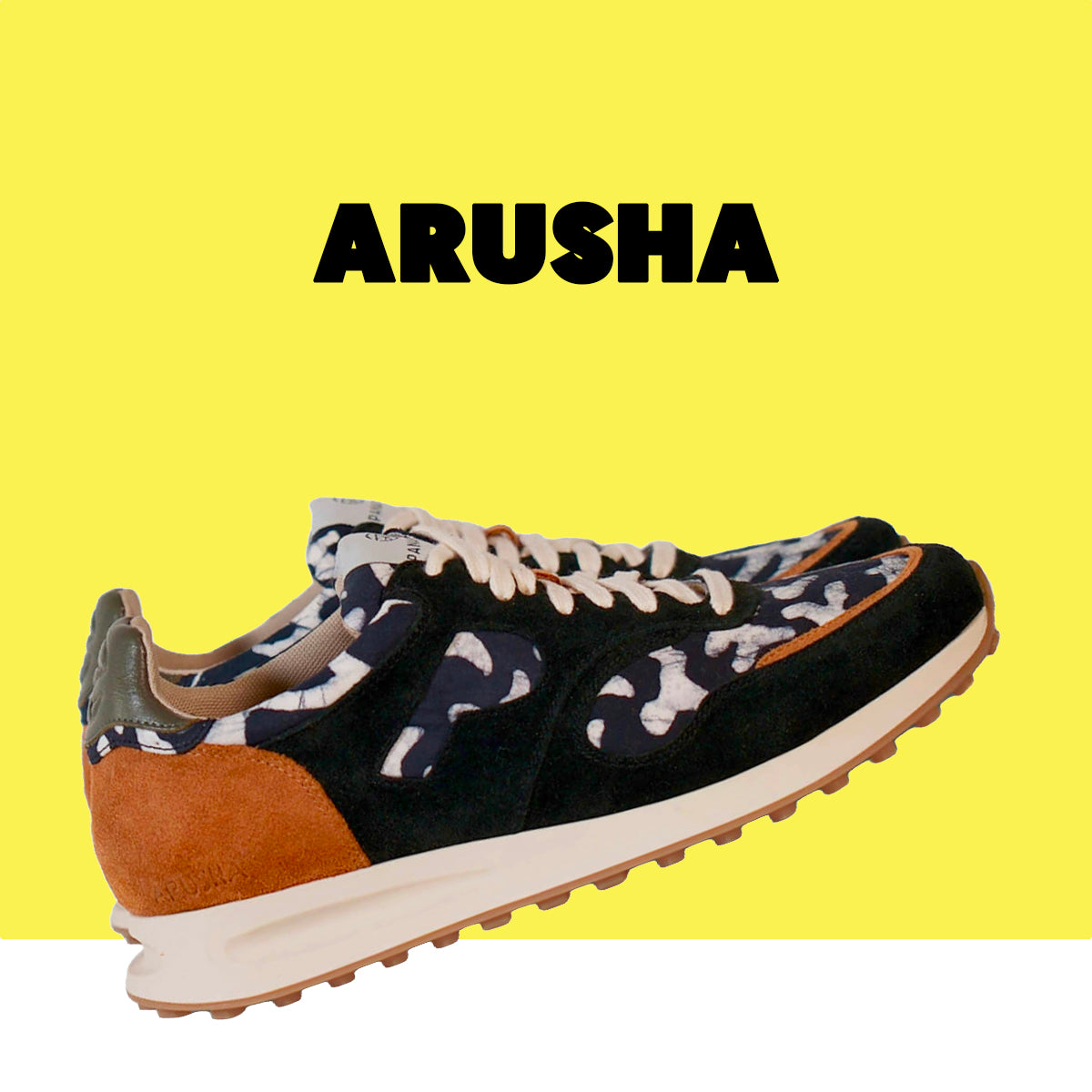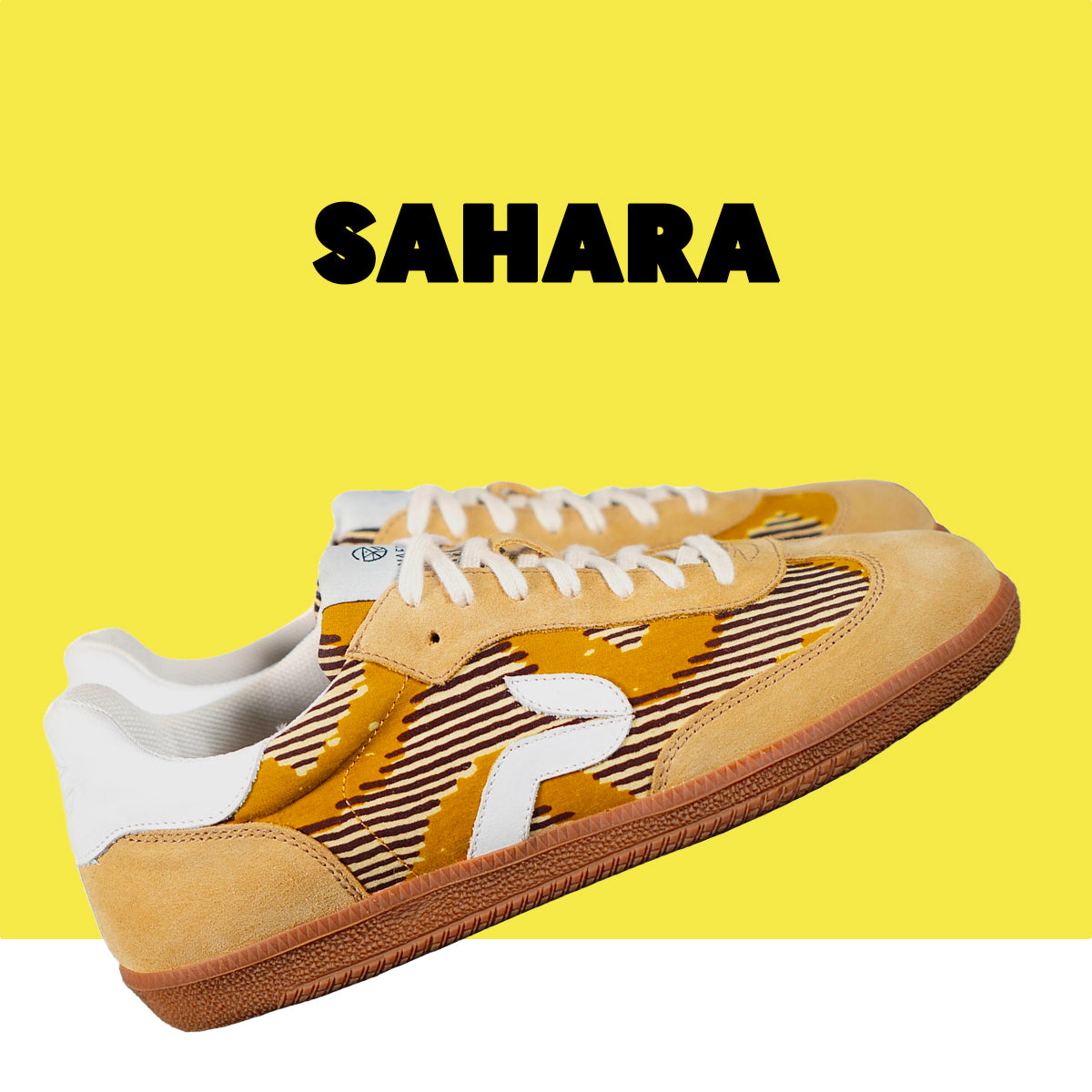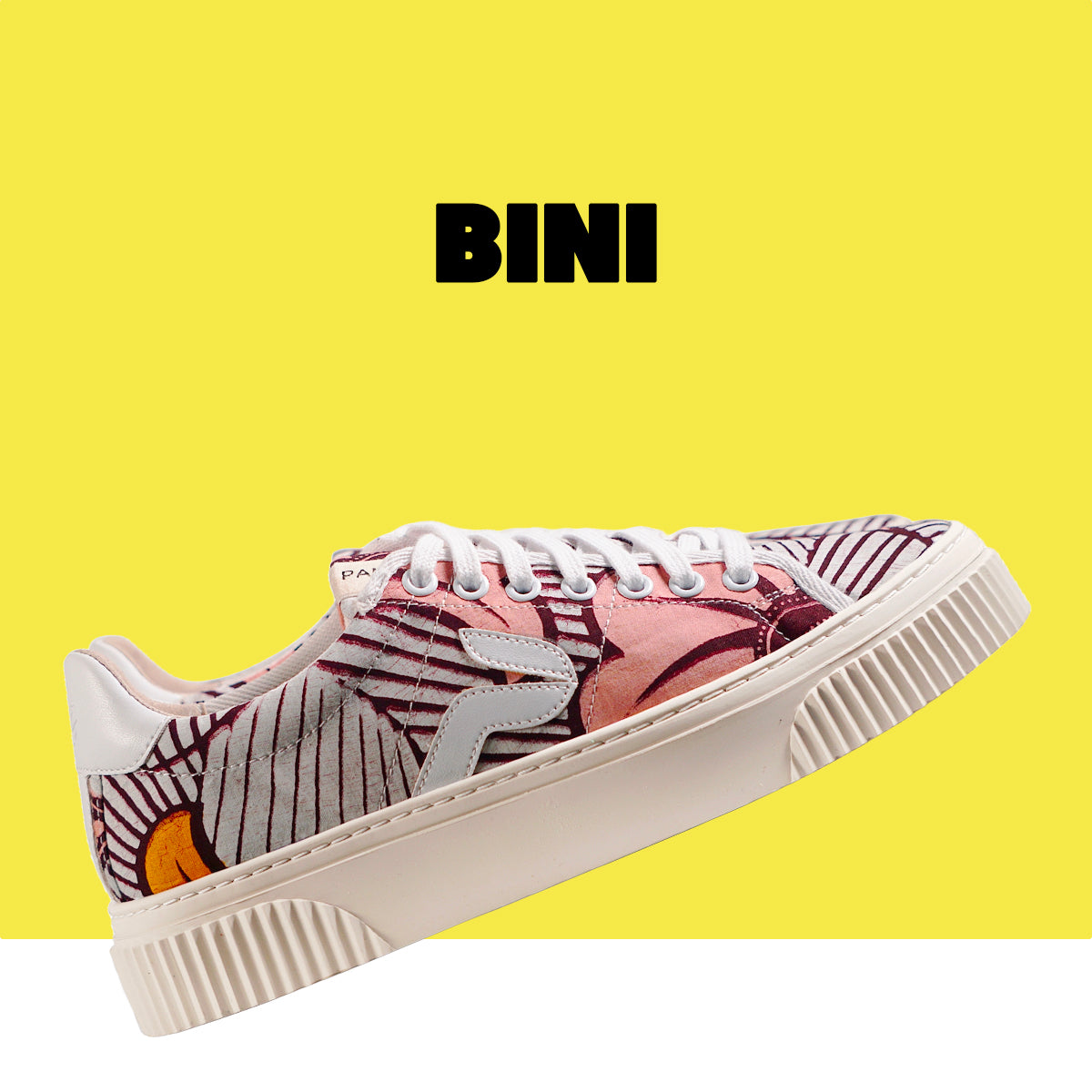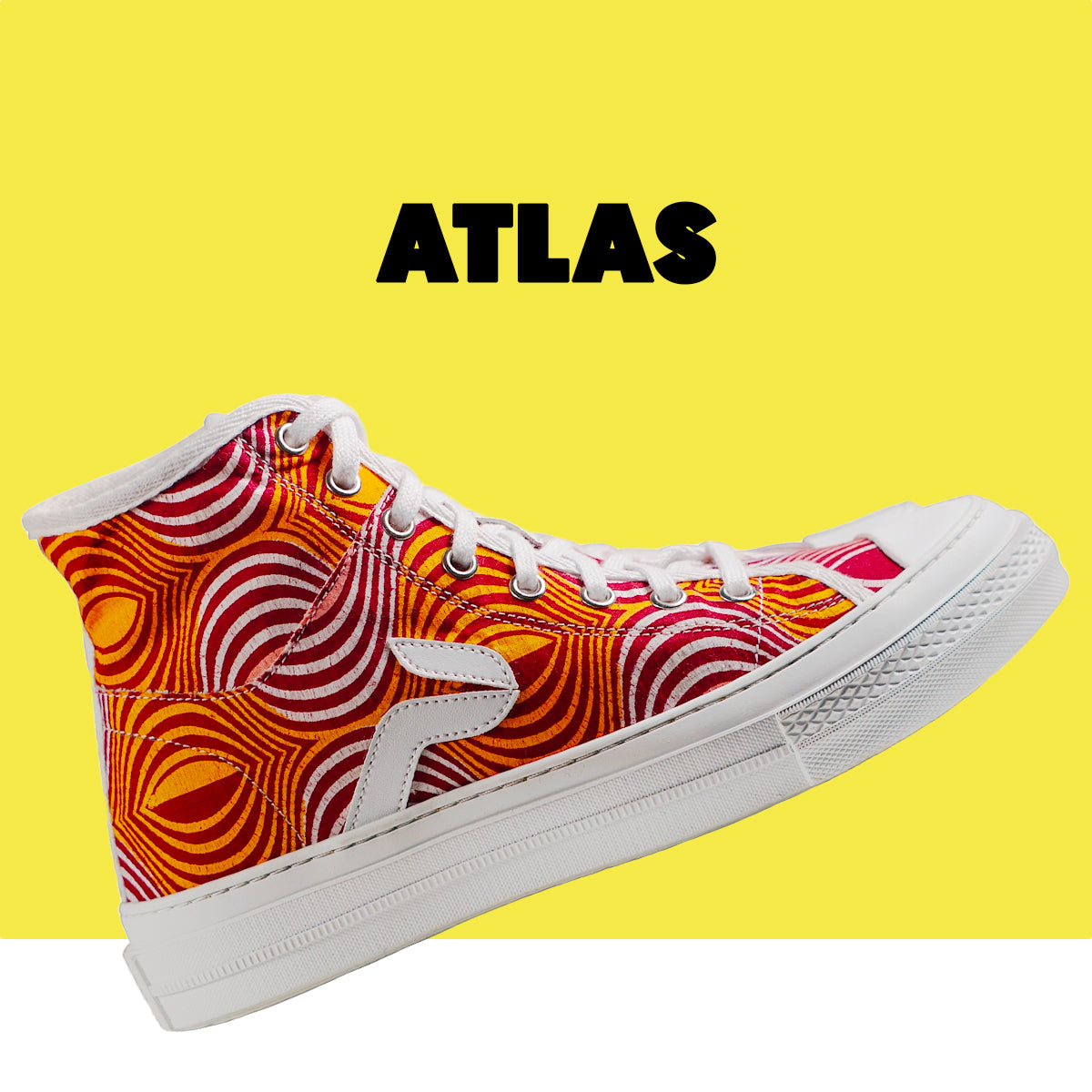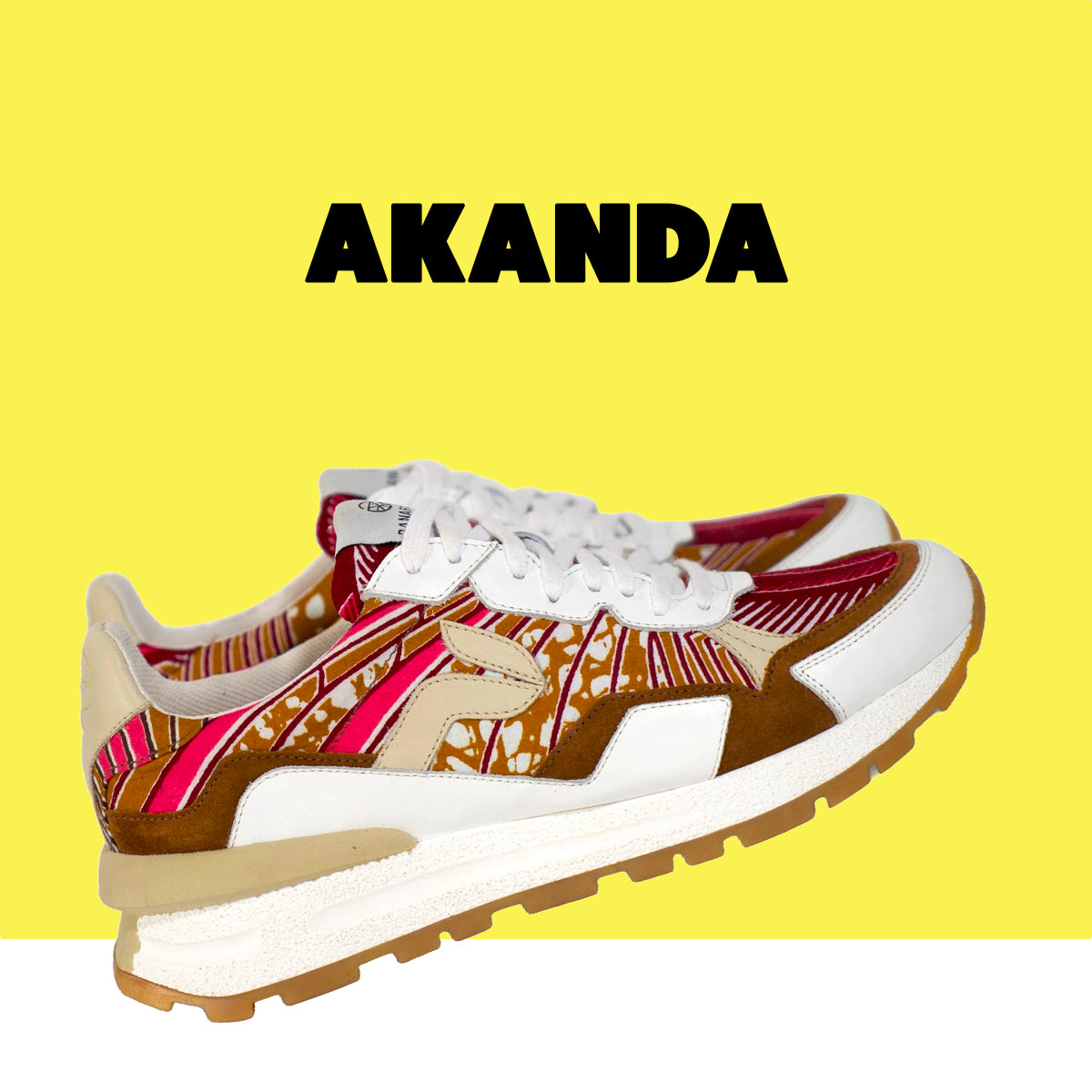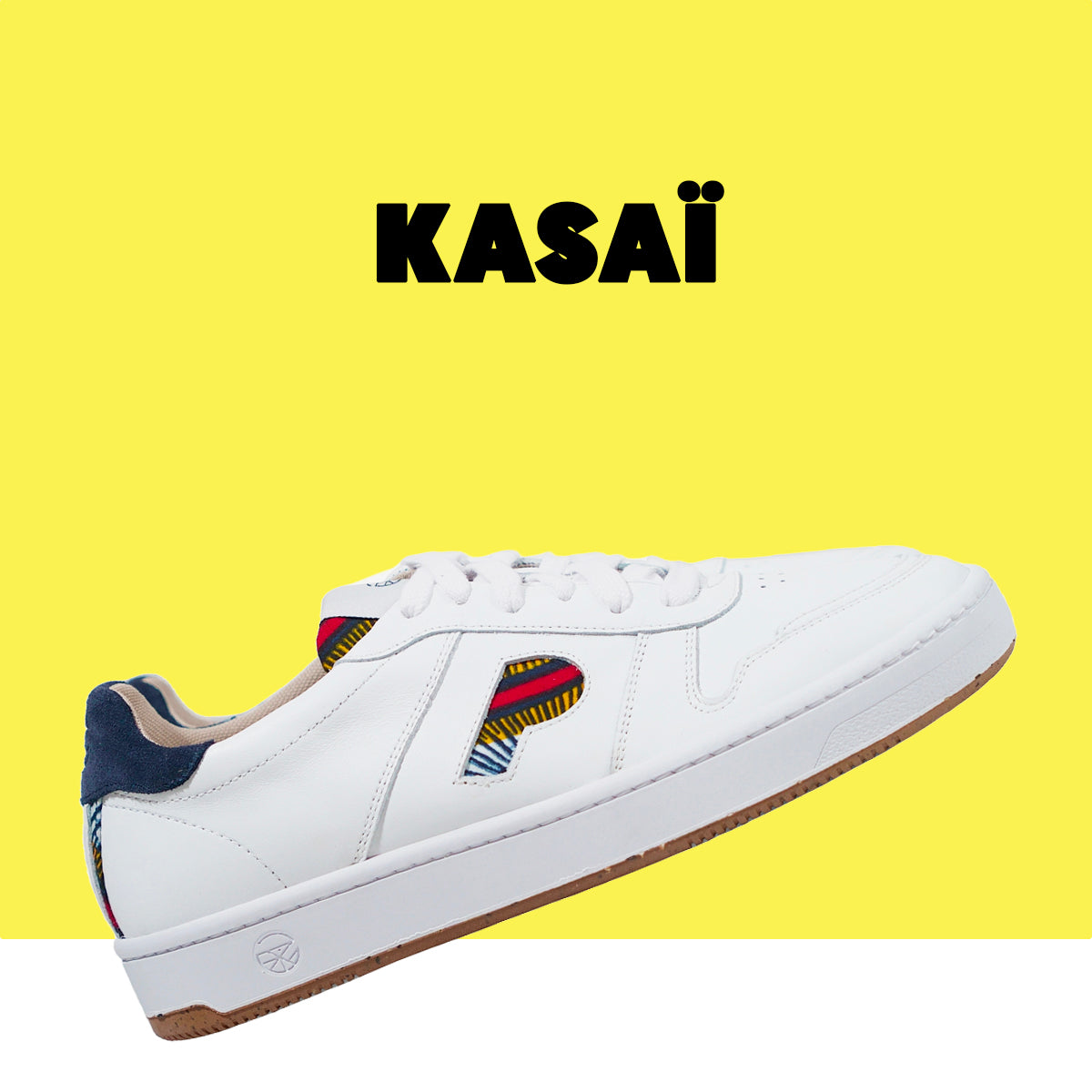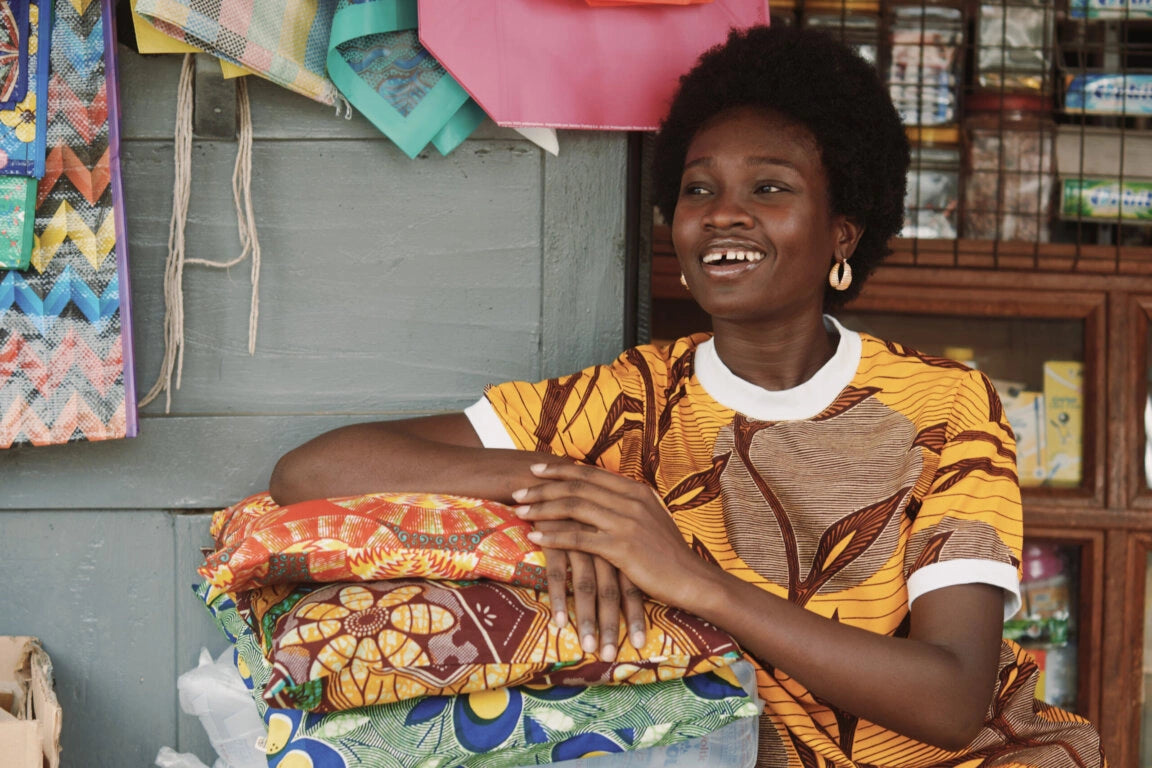



Rif-Kaki
Description
Discover RIF, the vegan lifestyle sneaker inspired by running sneakers from the 80s, for lovers of responsible fashion and the great outdoors. In breathable and durable recycled nylon, Rif-Kaki combines urban style, technical and eco-responsibility. Dare to adventure!
Composition
Care instructions
Delivery

Rif-Kaki
Sale price69,50€
Regular price139€ (/)
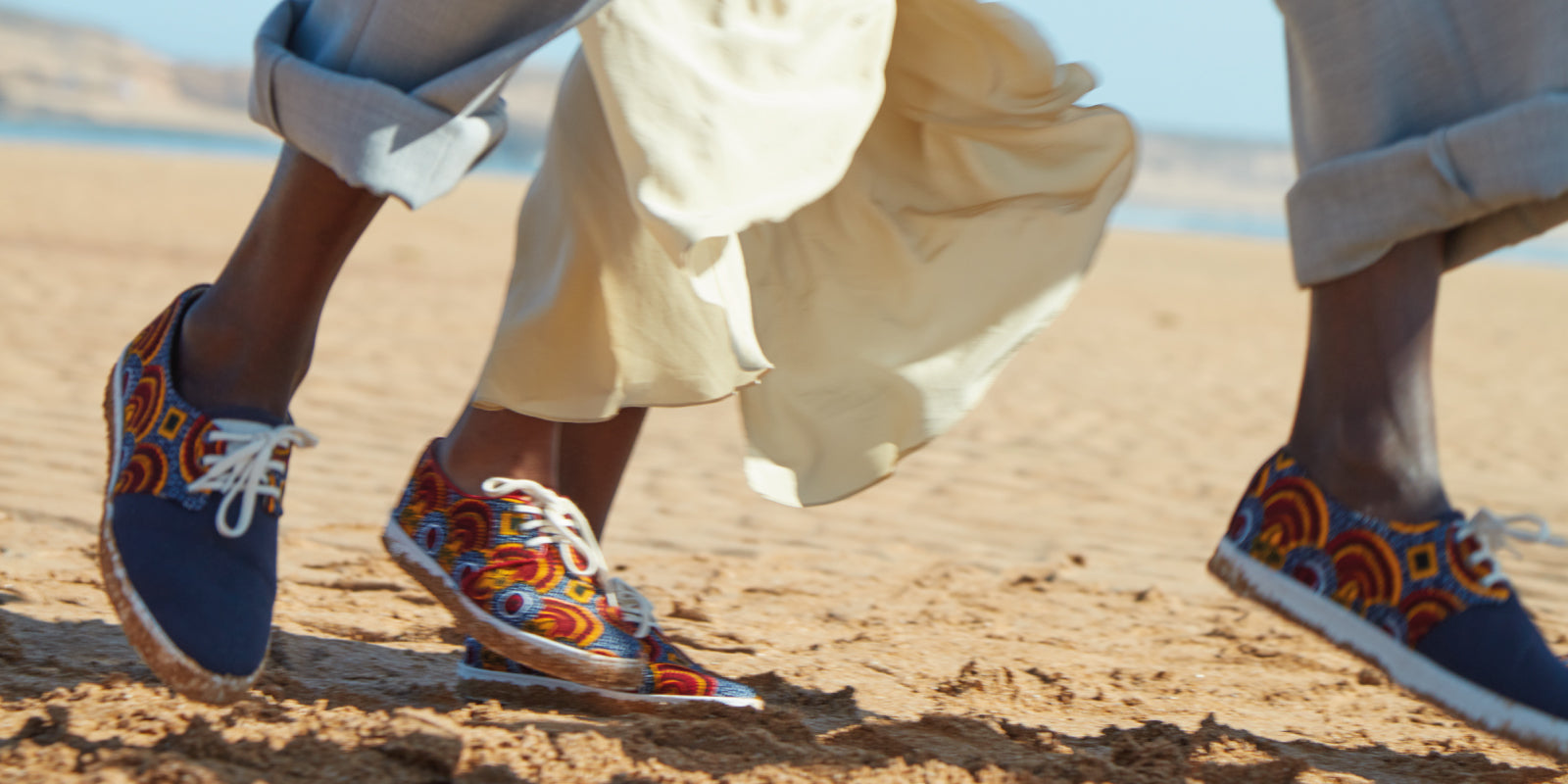
Optimistic and committed
PANAFRICA is an optimistic and engaged fashion brand inspired by Africa and produced on the African continent.

Optimistic and committed
PANAFRICA is an optimistic and engaged fashion brand inspired by Africa and produced on the African continent.
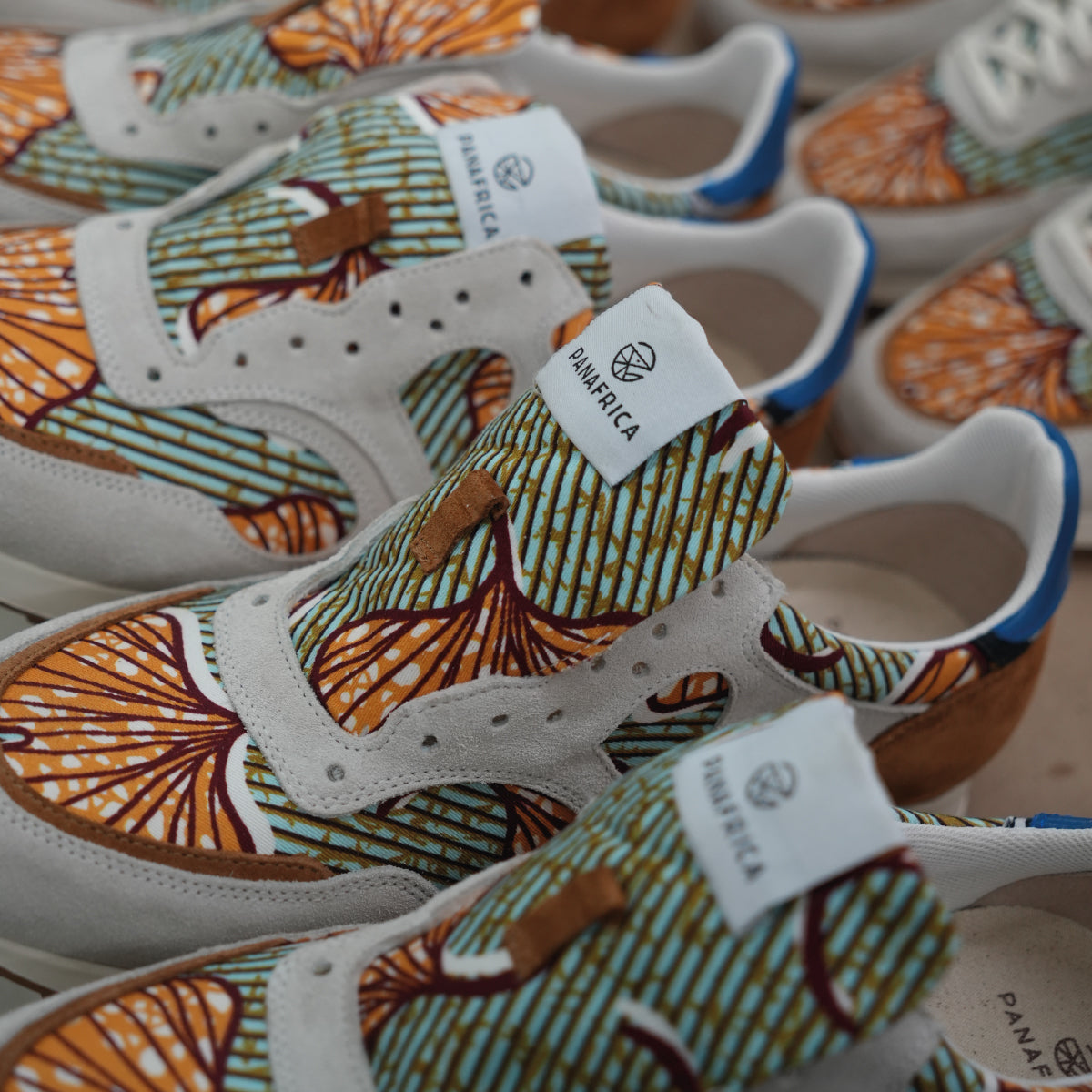
FAQs
What does the name of each model refer to?
The idea of our collections is to take you on a journey with us to the African continent. This is why we wanted to give each of the models the name of an African city, region, park, mountain. Did you know, for example, that Arusha was a city in northern Tanzania?
Will my pair be identical to the photo?
You will not necessarily have the same wax inserts between the pair you see in the photo and the one you will receive... and that's all that makes the charm of a pair of PANAFRICA sneakers. But we guarantee the symmetry of the wax prints between your right foot and your left foot. We give Hicham cutting instructions to guarantee homogeneity of the prints but the richness of the wax means that you may end up with little touches of color more or less. We like to say that every Panafrica sneaker is unique!
Is wax a durable fabric?
Of course ! We make sure to choose the best quality wax from our partners in Ivory Coast and Ghana. The wax fabric used is 100% cotton and the wax printing process gives it water resistance. You can wear your sneakers at all times with complete peace of mind, without worrying that the fabric will bleed. Follow our care tips carefully to extend the life of your sneakers.
Where are PANAFRICA sneakers made?
All our sneakers are made on the African continent. Through our products, we want to support local artisans and contribute to environmental and social initiatives in Africa. We work with different partners in different African countries. Xoomba in Burkina Faso for weaving and dyeing cotton, Uniwax in Ivory Coast and GTP in Ghana for wax fabric, Esther in Ghana for batik. The sneakers are then assembled in Hicham and his father's workshop in Casablanca, Morocco.

FAQs
What does the name of each model refer to?
The idea of our collections is to take you on a journey with us to the African continent. This is why we wanted to give each of the models the name of an African city, region, park, mountain. Did you know, for example, that Arusha was a city in northern Tanzania?
Will my pair be identical to the photo?
You will not necessarily have the same wax inserts between the pair you see in the photo and the one you will receive... and that's all that makes the charm of a pair of PANAFRICA sneakers. But we guarantee the symmetry of the wax prints between your right foot and your left foot. We give Hicham cutting instructions to guarantee homogeneity of the prints but the richness of the wax means that you may end up with little touches of color more or less. We like to say that every Panafrica sneaker is unique!
Is wax a durable fabric?
Of course ! We make sure to choose the best quality wax from our partners in Ivory Coast and Ghana. The wax fabric used is 100% cotton and the wax printing process gives it water resistance. You can wear your sneakers at all times with complete peace of mind, without worrying that the fabric will bleed. Follow our care tips carefully to extend the life of your sneakers.
Where are PANAFRICA sneakers made?
All our sneakers are made on the African continent. Through our products, we want to support local artisans and contribute to environmental and social initiatives in Africa. We work with different partners in different African countries. Xoomba in Burkina Faso for weaving and dyeing cotton, Uniwax in Ivory Coast and GTP in Ghana for wax fabric, Esther in Ghana for batik. The sneakers are then assembled in Hicham and his father's workshop in Casablanca, Morocco.

